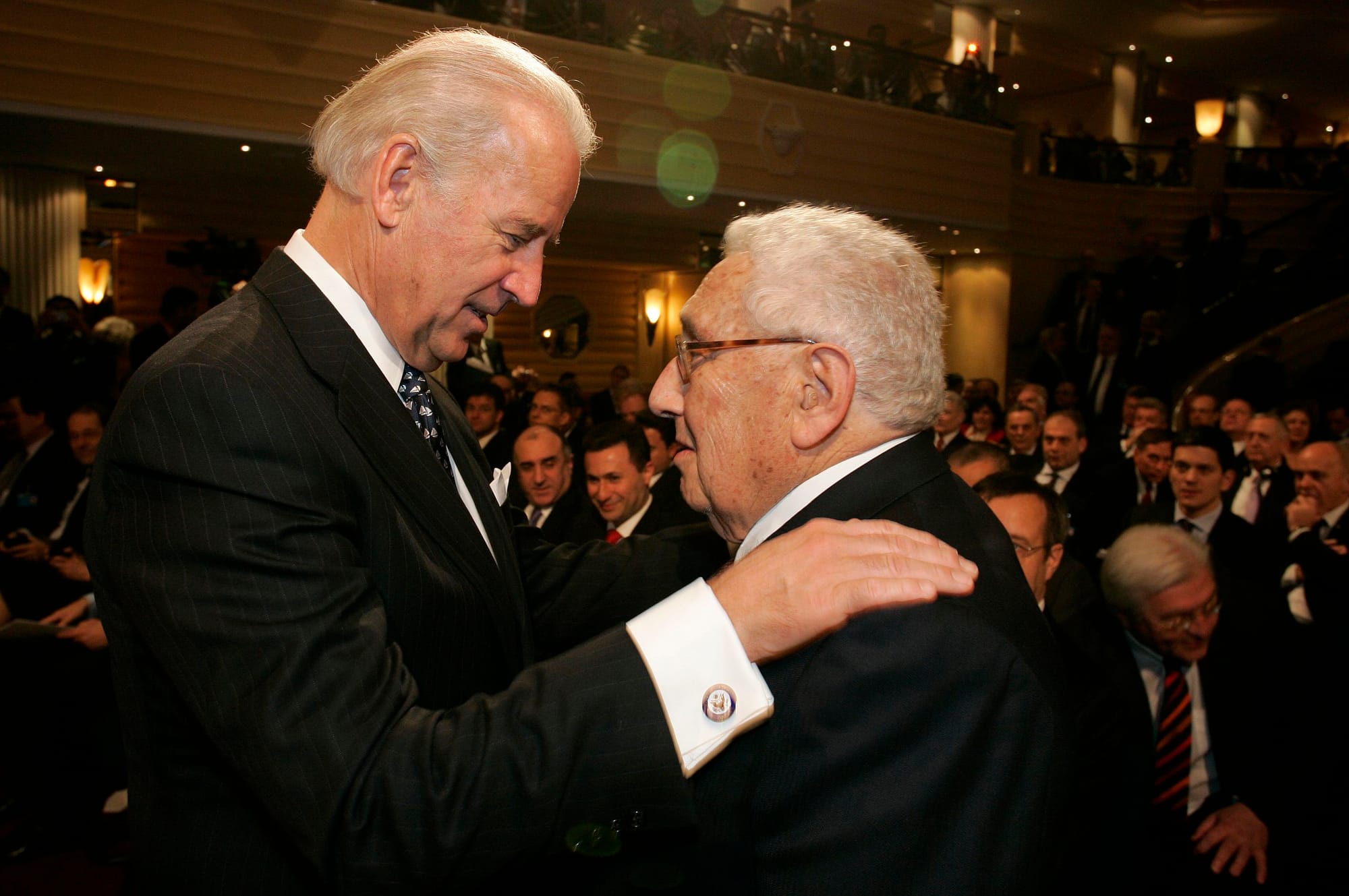Henry Kissinger and Asean: A Legacy of Realism and Pragmatism
Thanks to his pragmatic approach, ASEAN countries were able to build relationships and partnerships with other nations in the region, leading to greater political stability and economic growth.

Henry Kissinger, the renowned American statesman and diplomat, passed away on 29 November 2023, at the age of 100, leaving behind a legacy of remarkable achievements and profound insights into the intricacies of international relations.
Throughout his life, he demonstrated the power of diplomacy and the importance of strategic thinking. His legacy also highlights the enduring relevance of realism and pragmatism in a complex and ever-changing world. For ASEAN countries, Kissinger's life and work offer valuable lessons in navigating the intricate landscape of international politics and achieving their national aspirations.

Kissinger and the Cold War
Henry Kissinger had an illustrious career that spanned over seven decades, during which he held various influential positions including National Security Advisor and Secretary of State under Presidents Richard Nixon and Gerald Ford. He played a crucial role in shaping American foreign policy during the tumultuous period of the Cold War by navigating the treacherous waters of superpower rivalry and global conflicts.
Kissinger was an ardent supporter of realism in international affairs, a philosophy that emphasizes the importance of power, national interests, and the pursuit of mutually beneficial outcomes. He believed that nations, like individuals, are driven by their self-interests and that diplomacy is the art of managing these competing interests to achieve common goals.
In the realm of international relations, Kissinger's realist approach resonated deeply with ASEAN countries, who were grappling with the complexities of regional politics and their national aspirations. His insights proved invaluable during the tumultuous 1970s when the region faced the challenges of the Cold War, territorial disputes, and economic development.
A legacy in the SEA
Kissinger's legacy in Southeast Asia is particularly evident in his close relationship with Malaysia. As Secretary of State, he recognized Malaysia's strategic importance in the region and actively fostered cooperation between the two countries. This relationship played a pivotal role in Malaysia's economic growth and security, and it remains an essential cornerstone of regional stability today.
Kissinger's pragmatic approach to diplomacy, another hallmark of his diplomatic style, served as a guiding light for ASEAN nations. He understood that diplomacy is not about ideological posturing or abstract principles, but rather about finding practical solutions to real-world problems.
This pragmatic approach enabled him to navigate the often chaotic world of international relations, forging alliances and partnerships based on shared interests and mutual respect. Thanks to his pragmatic approach, ASEAN countries were able to build relationships and partnerships with other nations in the region, leading to greater political stability and economic growth.
The Association of Southeast Asian Nations (ASEAN) has widely adopted the pragmatic approach advocated by Kissinger in their dealings with regional and global powers. Instead of resorting to confrontation, ASEAN nations have made a conscious effort to pursue peaceful solutions to conflicts, actively engaging in dialogue and consensus-building. This demonstrates their unwavering commitment to diplomacy, a crucial aspect of resolving disputes and maintaining cordial relationships.
Kissinger's Approach
The South China Sea conflict and ongoing border disputes are becoming increasingly worrisome. In light of this, Malaysia can benefit from studying the approach of Kissinger, who was known for his strategic realism, skilful negotiation, and deep understanding of the geopolitical landscape.
Kissinger's approach to diplomacy emphasized the importance of building strong bilateral relationships with key regional players such as China and the United States. Malaysia can follow this example and foster open channels of communication and cooperation, which will help in navigating the complex dynamics of the South China Sea and reduce potential tensions.
In addition, Kissinger's ability to forge multilateral agreements can be an inspiration for Malaysia. Engaging in regional dialogues such as the ASEAN Regional Forum (ARF) can provide Malaysia with a platform to promote peaceful dialogue and consensus-building on maritime issues. This approach can go a long way in promoting regional stability and preventing conflicts in the future.
Kissinger's emphasis on strategic thinking is especially significant for ASEAN countries, given the complex and rapidly evolving global landscape. He recognized the need for long-term planning and strategic foresight in navigating the intricacies of international relations. This approach is particularly critical for ASEAN nations as they tackle pressing challenges such as climate change, economic integration, and emerging security threats.
By adopting the principles of realism, pragmatism, and strategic thinking, ASEAN nations can effectively secure their place in the global arena while promoting regional cooperation, peace, and prosperity for all. Kissinger's legacy serves as a timely reminder of the importance of these fundamental principles in navigating the complexities of the international system.
“Rest in Peace Mr Fixer”


